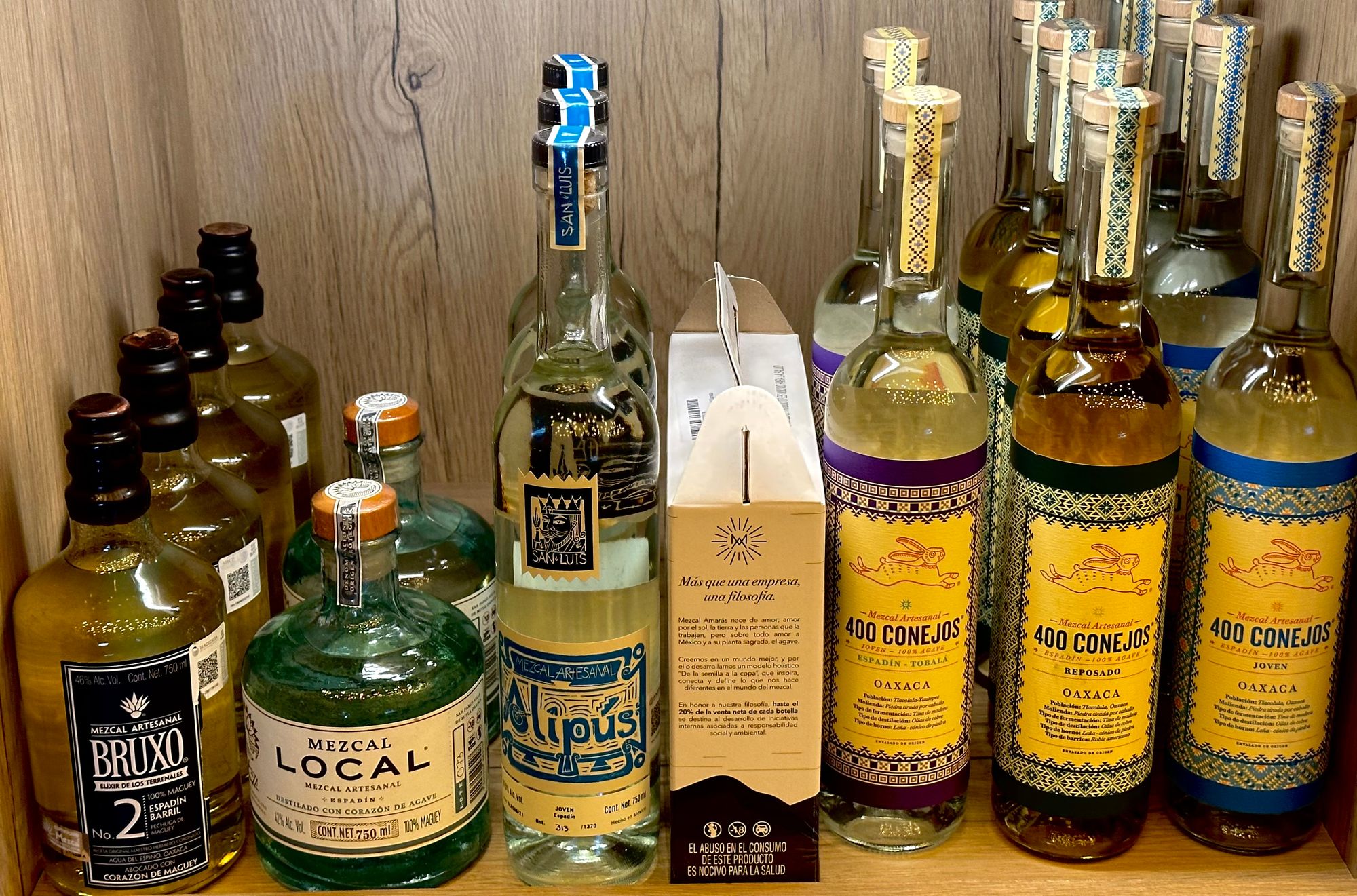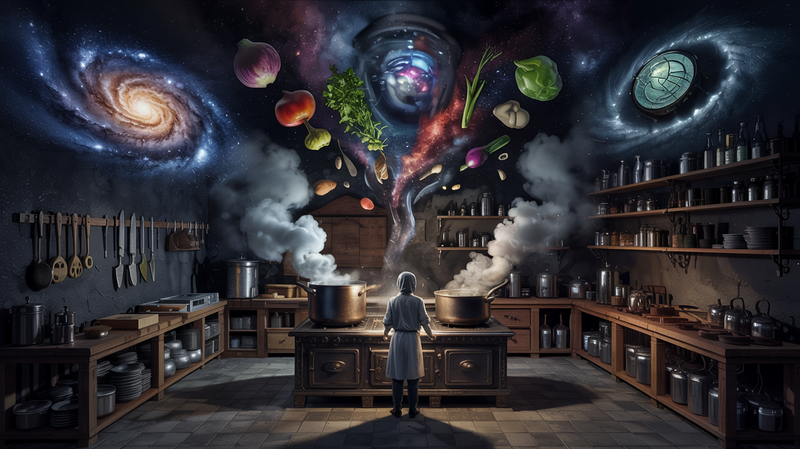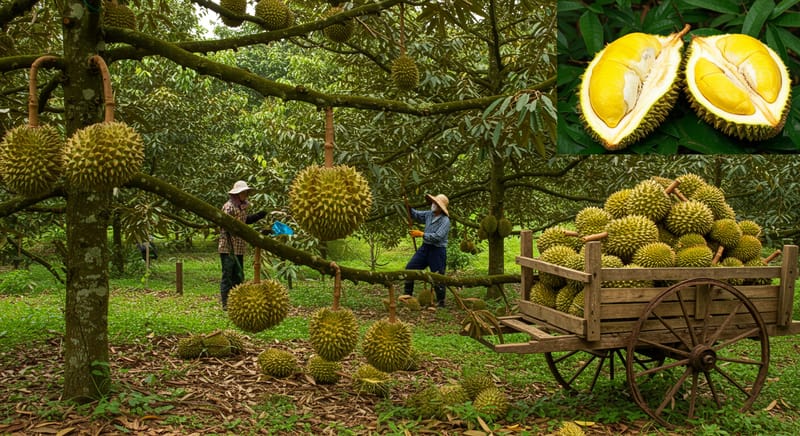Mezcal: Mexico's Liquid Gold
Mezcal, often referred to as Mexico's liquid gold, is a spirit that embodies the country's rich history, diverse culture, and the unique geography of its regions. This alcoholic beverage, made from the maguey plant, a type of agave, has a history that spans centuries and is
Mezcal, often referred to as Mexico's liquid gold, is a spirit that embodies the country's rich history, diverse culture, and the unique geography of its regions. This alcoholic beverage, made from the maguey plant, a type of agave, has a history that spans centuries and is experiencing a renaissance today, both in Mexico and around the globe.
The Roots of Mezcal
The history of mezcal dates back to the pre-Columbian era, where the indigenous peoples of Mexico used the maguey plant for myriad purposes, from creating textiles to making a fermented drink known as pulque. When the Spanish arrived, they brought the art of distillation with them, which was applied to pulque, thus giving birth to mezcal.
Traditionally, mezcal production was a family affair, often spanning generations. Each family had their unique recipe and production method, which contributed to the beverage's wide range of flavors and characteristics.
The Art of Making Mezcal
Producing mezcal is a labor-intensive process that begins with the harvesting of the agave plant, which can take between eight and fifteen years to mature. The heart, or piña, of the agave is then cooked in a pit oven, crushed to extract the juice, fermented, and finally distilled. This traditional method imparts mezcal with its distinctive smoky flavor.
One of the unique aspects of mezcal is the variety of agave species that can be used in its production. While tequila, a type of mezcal, is made exclusively from blue agave, mezcal can be made from over 30 types of agave, each lending a different flavor profile to the final product.
Mezcal Today
In recent years, mezcal has seen a surge in popularity, both within Mexico and internationally. It's become a favorite among bartenders for its complexity and versatility in cocktails, and connoisseurs appreciate it for its depth of flavor and cultural significance.
However, this growing demand brings challenges. The long growth cycle of the agave plant and the artisanal nature of traditional mezcal production don't lend themselves to mass production. Therefore, sustainability has become a crucial concern in the mezcal industry.
Embracing the Spirit of Mexico
To sip on a glass of mezcal is to taste the essence of Mexico. From the smoky notes that speak of the fire pits in which the agave hearts are roasted, to the earthy flavors that tell the story of the Mexican soils, mezcal is more than just a spirit; it's a testament to Mexico's rich heritage and the craftsmanship of its people.
As mezcal continues to gain recognition, it's important to honor and preserve its traditional production methods, respect its deep cultural roots, and ensure the sustainability of this precious resource. This way, future generations can continue to enjoy and celebrate Mexico's liquid gold.





